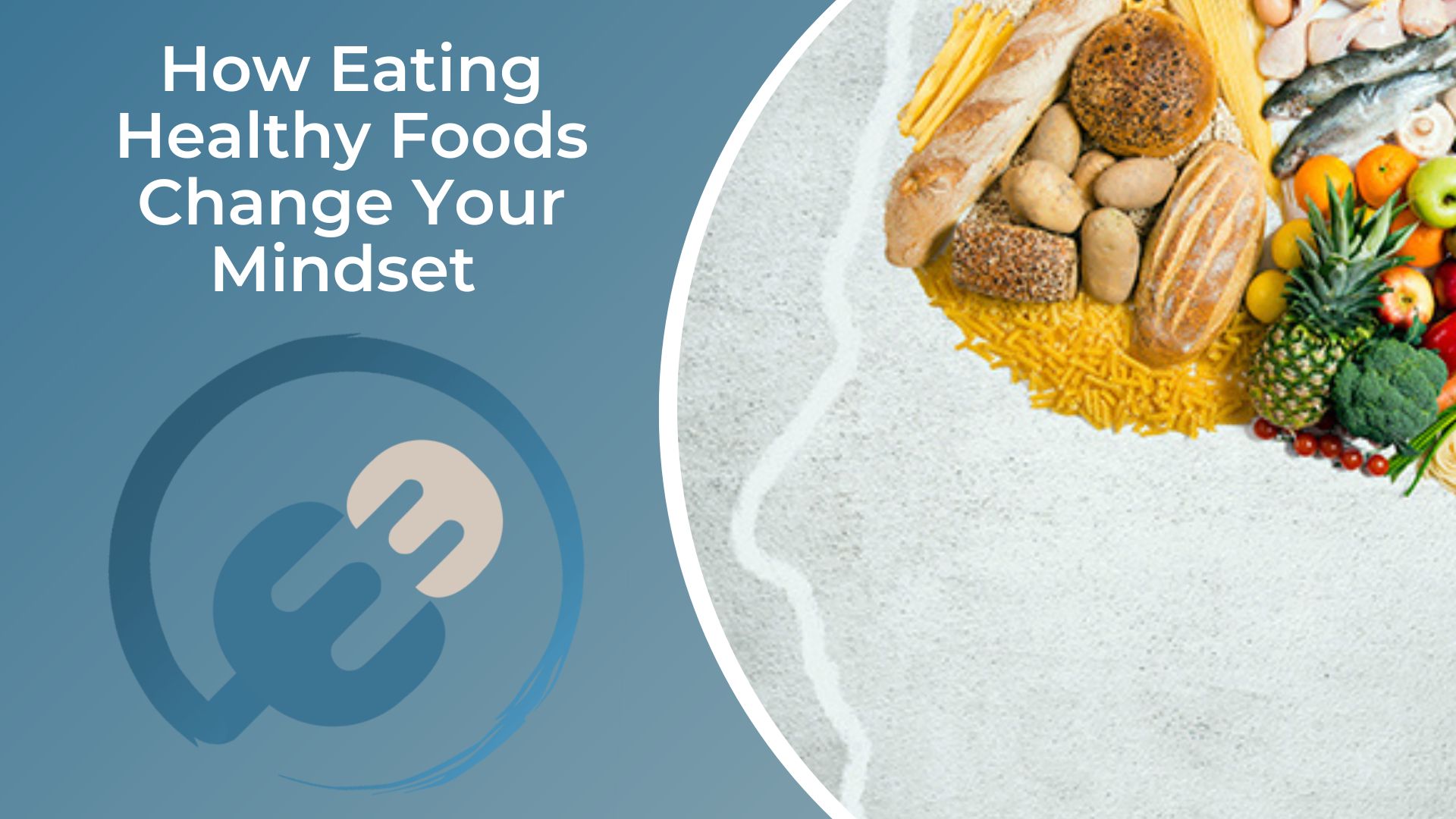Eating healthy is one of the most important things you can do for your body. While a balanced diet and regular exercise are important components of physical health, many people overlook the fact that what they eat has an effect on their mental well-being as well.
In this article, we’ll explore how eating healthy foods can change your mindset and improve your overall health. We’ll look at why it’s so important to eat healthy foods, how you can make nutritious choices, and how to stick with them in order to reap the benefits. So let’s get started!
The Link Between Food And Our Mood
There are so many things that can affect our mood. This includes giving yourself the time to learn more details about strategy games in our free time, watching funny movies, and even paying attention to our breathing patterns. So, it is not surprising that there is also a link between food and our mood.
What you eat has a direct impact on how you feel. Consuming unhealthy foods can lead to mood swings, feelings of low energy, depression, and anxiety. On the other hand, eating healthy foods can improve your mood, increase your energy levels, and promote overall better health.
The Best Foods To Eat For A Healthy Mind And Body
There are countless benefits to eating healthy foods, including a healthier mind and body. When it comes to your mind, healthy foods can improve your mood, cognitive function, and overall mental health. Eating healthy foods has also been linked to a lower risk of developing Alzheimer’s disease and other forms of dementia.
As for your body, a healthy diet can help you maintain a healthy weight, have more energy, and reduce your risk of developing chronic diseases like heart disease, cancer, and type 2 diabetes.
There are a few key nutrients that are particularly important for mood regulation. Omega-3 fatty acids, magnesium, vitamin D, and probiotics are all nutrients that have been shown to impact mood in a positive way. Incorporating these nutrients into your diet through foods or supplements can help to improve your mental state.
So what are the best foods to eat in this case? Here are some examples:
1. Leafy green vegetables: These nutrient-rich vegetables are packed with vitamins A, C, and E, which are all important for brain health. They also contain compounds that may protect against age-related mental decline;
2. Berries: Like leafy greens, berries are also high in antioxidants and have been linked to better cognitive function and a lower risk of dementia;
3. Fish: Fish is a great source of omega-3 fatty acids, which are essential for brain health. Omega-3s have been shown to improve mood, cognitive function, and overall mental health. If you check out this dentist Vineland, they’ll also tell you that omega-3 fatty acids are good for your dental health as they help keep your teeth securely rooted in the gums.
4. Nuts and seeds: Nuts and seeds are another good source of omega-3 fatty acids as well as other nutrients like vitamin E that support brain health. They’re also high in fiber which can help keep you feeling full longer and help maintain a healthy weight;
5. Whole grains: Whole grains are packed with vitamins, minerals, and fiber which can help keep your heart healthy and reduce the risk of chronic diseases like diabetes;
6. Legumes: Legumes like beans, lentils, and peas are high in protein and fiber and also contain important vitamins and minerals that support overall health;
7. Healthy fats: Healthy fats like olive oil, avocados, and nuts are an important part of any diet as they provide essential fatty acids that your body needs to function properly.
How To Make Healthy Eating A Part Of Your Lifestyle
Making healthy eating a part of your lifestyle can be a challenge, but it is worth it for the numerous benefits it can have for your mind and body. To make healthy eating a habit, start by gradually incorporating more nutritious foods into your diet.
Aim to eat a variety of different foods from all the food groups, including plenty of fruits, vegetables, whole grains, lean proteins, and healthy fats. It is also important to limit your intake of processed foods, sugary drinks, and excessive amounts of saturated and unhealthy fats.
In addition to changing your diet, you can also make healthy eating a part of your lifestyle by being active and making time for meal prep. Regular physical activity helps increase energy levels and reduce stress, both of which can make it easier to stick to healthy eating habits.
Planning ahead for meals and snacks can also help you make better choices when you’re feeling hungry. By taking these steps, you can develop sustainable healthy eating habits that will improve your overall health and well-being.
Conclusion
Eating healthy foods is essential for overall health, and it can also have a profound impact on our mental well-being. By ensuring that we are getting the right nutrition from our diets, we not only nourish our bodies but also provide fuel to power our minds and inspire us to reach new heights of productivity.
The next time you’re feeling lethargic or unmotivated, try reaching for some nutritious snacks instead of relying solely on caffeine or processed energy drinks – your body will thank you in the long run!



